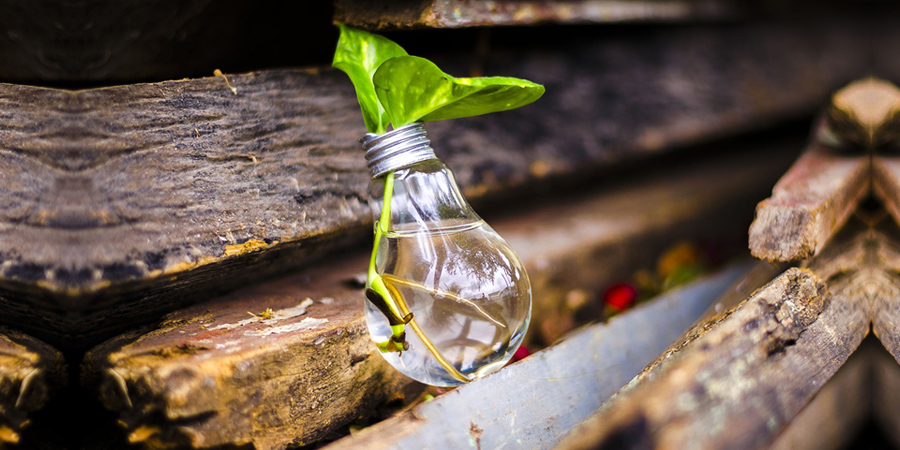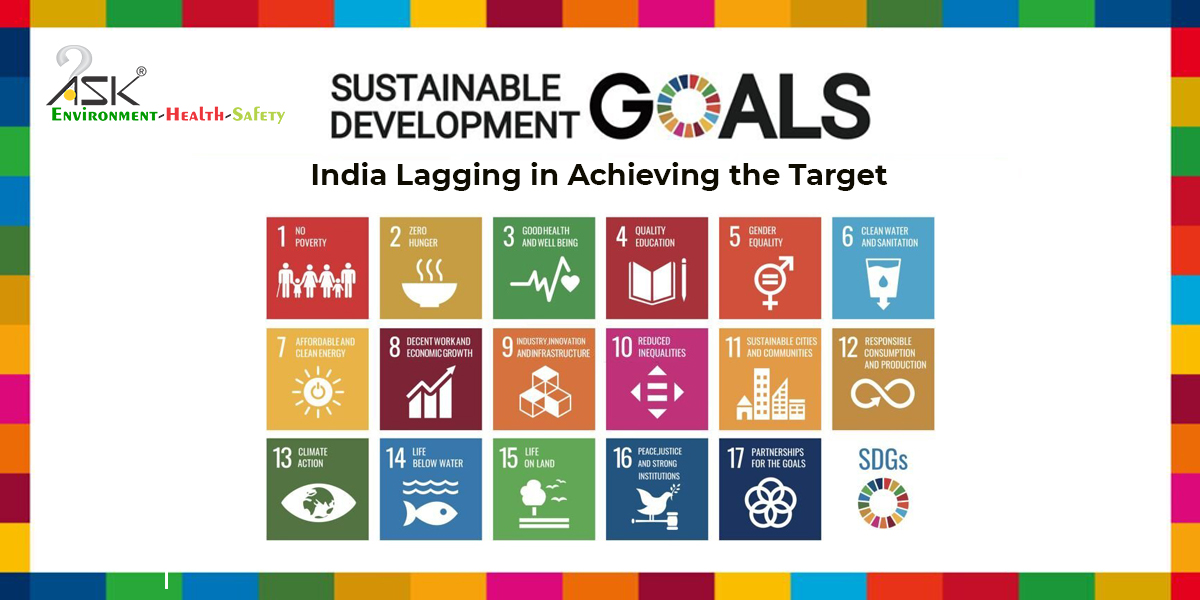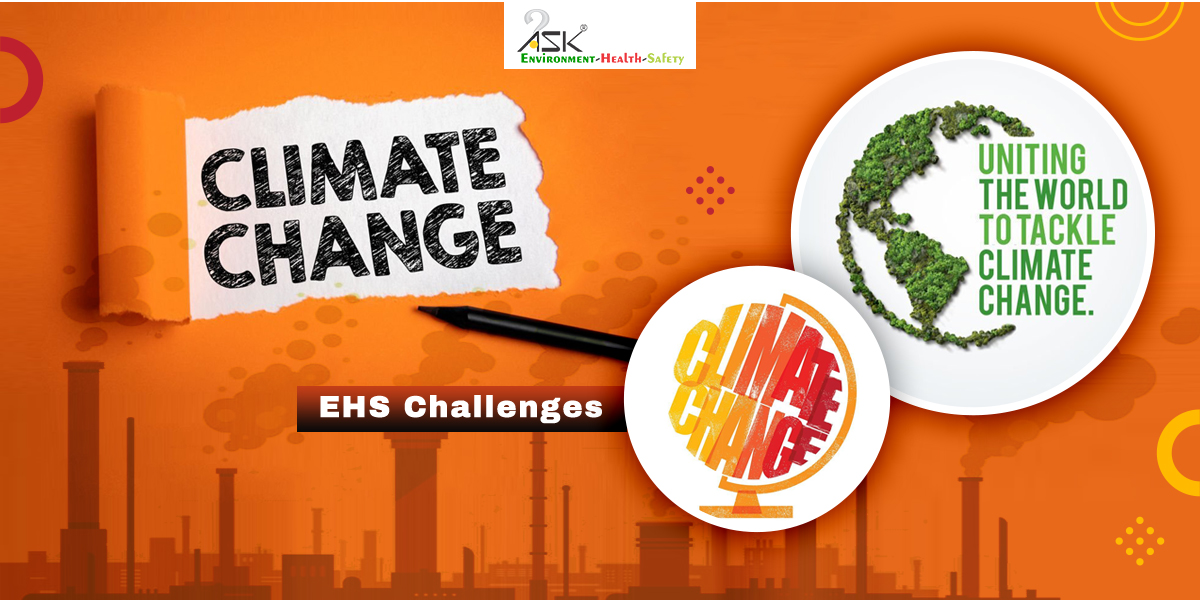Recycling packages for the environment

In January 2019, Unilever unveiled reusable packaging solutions across 9 of its brands, which includes four new product formats. In amalgamation, with the international company TerraCycle, Loop is a business model for premium durable packaging that is supplied to the customer, returned and refilled.
TerraCycle earned recognition by turning hard-to-recycle waste (juice boxes, coffee capsules, and plastic gloves) into new products. These mostly makeup the single-use plastic category. .Within this model Loop, deodorant brands of Unilever will test a premium, refillable deodorant stick called minim, made from stainless steel. The design is compact, minimal and sustainable which promises novel consumer experience.
Unilever, Amcor, Nestle, PepsiCo, Coca-Cola, and other giants are emphasizing on the need of recyclable and reusable packaging solutions. Legislations in the light of man-made environmental catastrophe point towards reduced material consumption. The solution is fundamental to the economy and can minimize the impact of the finished products on the environment.
Such initiatives for sustainability bring back the old concept of ‘milkman model’ where the products are delivered to customers but are picked up, stocked, refilled and restocked for another delivery. In simple words, ‘customer has the product but the company owns the package.’
This constitutes the agenda of circular economy as it changes the complex combinations of packaging materials.
Industries are exploring different solutions to facilitate recycling and develop new approaches to eliminate waste.
The notion of ‘recycling’ has taken rebirth several times. Several approaches in traditional supermarkets and personal care retailers perceived interests (eg. ban on plastic bags) but very rare could surpass a tiny niche. The cause lies in the behavior of the consumers; as much as they may seek to avoid waste practices, they hardly prefer inconveniences.
To adapt to sustainable green practices, the change in the ownership model of packaging from consumer to producer is necessary. Today, as the awareness is on its peak, customers are looking for brands that leave sustainable footprints and have a purpose that resonates to their ‘environmental’ beliefs.
In addition to the environmental benefits, such efforts drive credibility and develop an intimate relationship with the customers. This ‘created’ loyalty enables responsible and inspiring consumption of the products. This choice is a wise approach and the right thing to do as industries have started realizing that their supply chains are under scrutiny.
Some of these initiatives are under pilot testing and the industries are aiming for a broader picture. One might appear skeptical about the proper implementation of the idea but the industry is trying to align with a best practice model. The collective participation is an optimistic way towards a ‘Greener planet’ with these ‘disposable durables’.
In a capitalist model, consumption drives demand and the manufacturers or service providers develop and establish a stable supply chain. Our responsible consumption of environment-friendly packaging will thus cement the practice and allow the industries to develop and evolve towards a greener and more recyclable solutions.
Such strategy will lead the consumer efforts in fighting the doom of human-made pollution of our lively ecosystem – even the promise of colonizing new planets will fall short if we cannot capture and recycle what we create.


